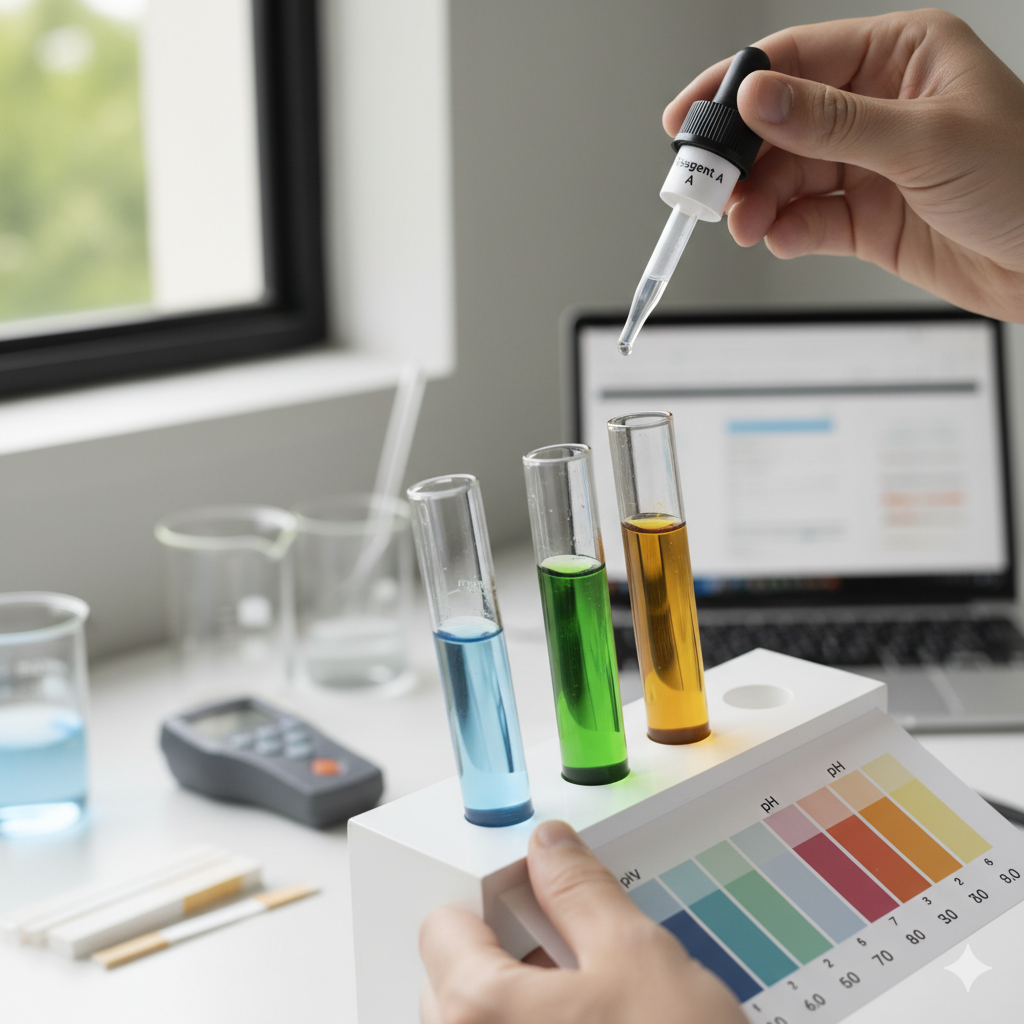Understanding Michigan's Water Landscape
Michigan is renowned for its abundant water resources, boasting the Great Lakes and countless inland lakes, rivers, and streams. This unique landscape makes water quality a significant concern. Water testing plays a critical role in ensuring that these resources remain safe and healthy for consumption and recreation.
Health Risks of Contaminated Water
Contaminants in water can pose serious health risks. In Michigan, issues like lead contamination have gained national attention. Testing can identify harmful substances such as lead, bacteria, nitrates, and other pollutants that can affect human health. Consuming or using contaminated water can lead to illnesses, making regular testing essential.
Environmental Impact
Water quality affects not only human health but also the environment. Contaminated water can harm wildlife and disrupt ecosystems. For instance, excess nutrients like phosphates and nitrates can lead to algal blooms, which can deplete oxygen in the water and harm aquatic life. Regular testing helps monitor these levels and protect Michigan's diverse ecosystems.
Legal and Regulatory Compliance
Both federal and state regulations mandate specific water quality standards. The Safe Drinking Water Act requires regular testing to ensure public water systems meet safety standards. In Michigan, the Department of Environment, Great Lakes, and Energy (EGLE) oversees these regulations. Compliance ensures community safety and helps avoid legal penalties.
Property Value and Real Estate Considerations
For homeowners, particularly those with private wells, water testing can influence property value. A property with a history of safe, clean water is more attractive to buyers. If a well tests positive for contaminants, it can lower property value and make it difficult to sell. Regular testing provides peace of mind to homeowners and prospective buyers alike.
Steps for Effective Water Testing
Selecting a Testing Method
Various testing methods are available, from DIY kits to professional services. While DIY kits can offer quick insights, professional testing provides comprehensive results and ensures accuracy. Choosing the right method depends on the water source and specific concerns.
Interpreting Results
Understanding water test results is crucial for taking appropriate action. If contaminants are detected, steps must be taken to address the issue, whether it involves installing a filtration system or seeking professional treatment services.
Community Efforts and Awareness
Community awareness and education about water testing are vital. Local governments and organizations can offer resources and support for testing initiatives. Engaging with these programs can enhance public understanding and encourage proactive measures to protect water quality.
The Role of Technology in Water Testing
Advancements in technology have improved water testing techniques, making them more accessible and accurate. Innovations such as real-time monitoring systems and improved testing kits allow for quicker detection of contaminants. Embracing these technologies helps ensure the safety of Michigan's water resources.
Water testing is an indispensable part of safeguarding Michigan's water resources. By understanding the health, environmental, and economic impacts of water quality, individuals and communities can take informed steps to ensure their water remains safe and clean. Regular testing and community involvement are key to maintaining the integrity of Michigan's precious water landscapes.

Comments